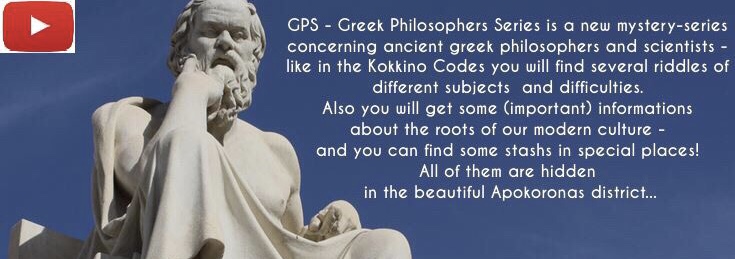
___________________________________________________________________________________________________________________
Part 1. The Mystical Forms of Plato
Plato in Ancient Greece was one of the earliest philosophers to provide a detailed discussion of ideas (it must be noted that in Platos Greek the word idea carries a rather different sense from our modern English term). Plato argued in dialogues such as the Phadeo, Symposium, Republic, and Timaeus that there is a realm of ideas or forms (eidei), which exist independently of anyone who may have thoughts of these ideas, and it is the ideas which distinguish mere opinion from knowledge, for unlike material things which are transient and liable to contrary properties, ideas are unchanging and nothing but just what they are. Consequently, Plato seems to assert that material things can only be the objects of opinion; real knowledge can only be had of unchanging ideas. Furthermore, ideas for Plato appear to serve as universals.

Human perception
We call both the sky and blue jeans by the same color, blue. However, clearly a pair of jeans and the sky are not the same color; moreover, the wavelengths of light reflected by the sky at every location and all the millions of blue jeans in every state of fading constantly change, and yet we somehow have a consensus of the basic form Blueness as it applies to them. Says Plato:
But if the very nature of knowledge changes, at the time when the change occurs there will be no knowledge, and, according to this view, there will be no one to know and nothing to be known: but if that which knows and that which is known exist ever, and the beautiful and the good and every other thing also exist, then I do not think that they can resemble a process of flux, as we were just now supposing.
Plato believed that long before our bodies ever existed, our souls existed and inhabited heaven, where they became directly acquainted with the forms themselves. Real knowledge, to him, was knowledge of the forms. But knowledge of the forms cannot be gained through sensory experience because the forms are not in the physical world. Therefore, our real knowledge of the forms must be the memory of our initial acquaintance with the forms in heaven. Therefore, what we seem to learn is in fact just remembering.

